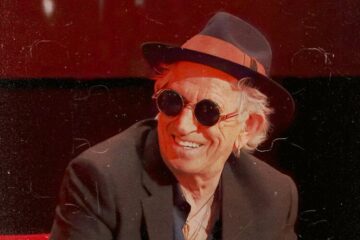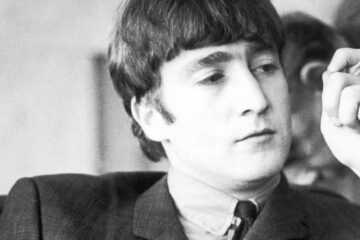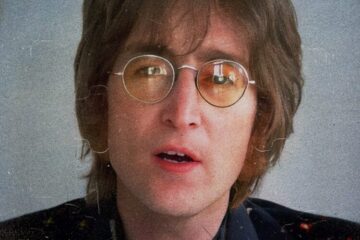It was late at night and pouring with rain when Serj Tankian had what he calls his “epiphany”. Serj was in his mid-20s and had been working for his uncle’s jewellery business since graduating from university, playing music on the side. But he wasn’t happy, so he had decided to study to become a lawyer.
He was making the long drive from Downtown LA to night school in Long Beach when his subconscious took over. He slammed on his brakes and started hitting the dashboard, yelling: “I want to do fucking music, fuck all this shit.”
“Becoming a lawyer was a very negative thing,” Serj told Metal Hammer in 2021. “I fucking hated lawyers. But I always say that I had to go to the far extreme of who I shouldn’t be to shake myself into the realisation of who I am.”
His roadside meltdown was a tipping point. Within a few months, he had joined a young Armenian-American metal band named Soil, who would eventually mutate into System Of A Down. More than a quarter of a century on, the 55-year-old is one of modern metal’s most charismatic figures, a multi-hyphenate singer/artist/activist whose career has been punctuated by both political controversy and ongoing intra-band drama with the rest of System.
“This is what I’ve learned as an activist within the music world,” he explained, as he prepared to look back over his life. “It’s very easy to be truthful when public opinion is on your side. It’s incredibly difficult to be truthful when it’s not.”
You were born in Beirut, Lebanon in 1967. What’s your earliest memory?
“I guess my earliest memory would probably be my grandparents’ house, which was down the street from our house. Them looking after me, as families do. The stairs leading up to the street, the beach, the first time I went to the beach…”
Civil war broke out in Lebanon in 1975. You’ve talked about hearing bombs dropping. What was that like as a young kid?
“At that age, it’s really hard to process. I could only make sense of it as an adult. I have a six-year-old right now, and he plays with little toy planes and jet fighters. He says, ‘Why are they called jet ‘fighters’, why are they different from the other planes?’ And I say, ‘Oh, because they’re used in war.’ And he’s, like, ‘What’s war?’ That just floors me. How am I going to explain war to a six- year old? Because war is so illogical.”
Your family left Beirut for the US soon after. What are your first memories of America?
“Ha ha! American cheese. It’s so yellow. And bell bottom jeans – it was 1975, man. It was a culture shock, going from Beirut, Lebanon to Hollywood, California. It was a completely different language. I knew a little English, but it took me a year or so to catch up.”
When was your sense of injustice instilled in you?
“It was at quite a young age, my early teens. It was the realisation of living in a democracy like the United States, which had tabooed the recognition of the [Armenian] genocide for political expediency and economic reasons, because Turkey was a NATO ally. It made me extremely cognisant of the fact that there are so many truths out there that are being undermined and traded for other nefarious purposes. That made me an activist.”
What was the worst job you had growing up?
“I’ve done many things. I worked in the shoe-manufacturing business with my dad, I sold shoes, I worked in the jewellery business with my uncle, I’ve owned my own software company. Maybe shoe sales wasn’t the best job, but I was a teenager working in a little mall and there were lots of beautiful girls there. But if I ever went back to my past, I wouldn’t change anything – every single experience made me who I am. How can I regret anything?”




